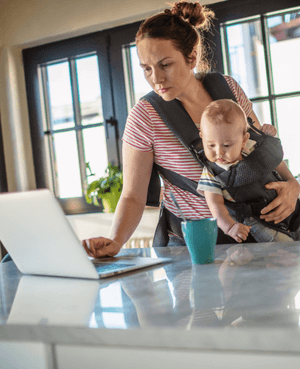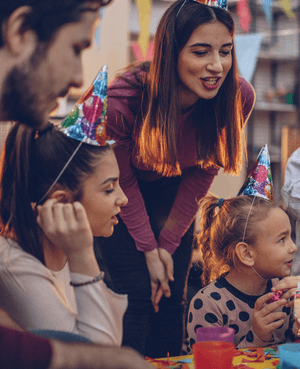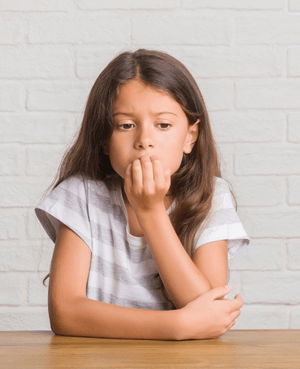Welcome to
the blog!
In this episode, Dr. Crawford guides us on a journey of self-reflection, teaching about strategic vulnerability and the essential steps to reduce bias in our lives and in the way we raise our children. This episode promises to be a transformative experience, offering valuable insights that will stay with you long after the conversation ends.
read the full post ⟶

featured post

Working parents have traditionally been forced to compartmentalize their roles. Make sure we don’t hear the baby crying on the Zoom. Be fully present as a parent without any distractions or interruptions. But we are whole beings, with both of those vital parts integrated to form who we are.
Here to help parents bridge that gap and shift the narrative to see how being both career-driven AND family-focused can be an incredible strength is Daisy Dowling. Daisy is the Founder & CEO of Workparent and the author of Workparent: The Complete Guide to Succeeding on the Job, Staying True to Yourself, and Raising Happy Kids.
keep reading ⟶

From striking up conversations with other parents at the playground, hosting playdates with our child’s new best friend, attending a birthday party without knowing the other parents there, and even just navigating the perceived (and sometimes very real) judgment from others, once we become parents we often find ourselves in social situations we may never have been in before.
Here to help parents work through any social anxiety they may feel and learn how they can best support the development of their child’s social skills in spite of a parent’s own fears, is therapist Justine Carino.From striking up conversations with other parents at the playground, hosting playdates with our child’s new best friend, attending a birthday party without knowing the other parents there, and even just navigating the perceived (and sometimes very real) judgment from others, once we become parents we often find ourselves in social situations we may never have been in before.
keep reading ⟶

When children suffer from an anxiety disorder the threat detector in their brain is on overdrive and more and more they rely on their parents to protect and soothe them. And while parents have the best intentions, this interpersonal dance can actually serve to increase the severity and frequency of anxiety in children.
Dr. Eli Lebowitz of the Yale Child Study Center has pioneered a new treatment that interrupts that dance! By altering the way parents respond to their child when they are in distress, rather than fueling the flames of anxiety, parents are able to lessen the symptoms, all without asking their child to change his or her behavior in any way.